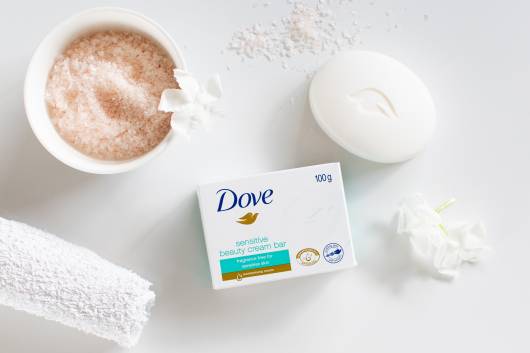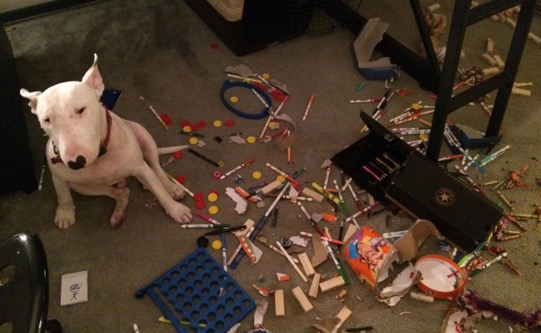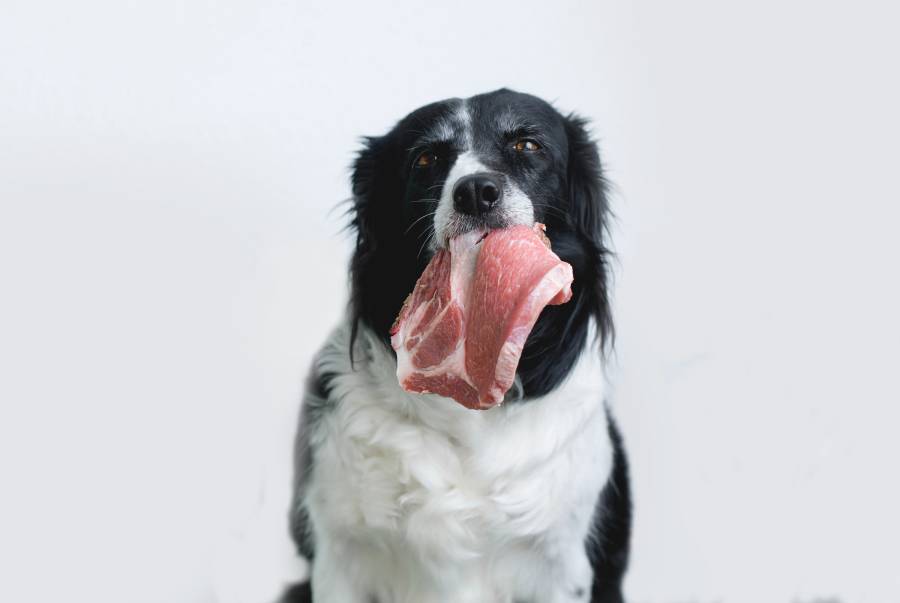Do you have problems with mosquitos where you live? They’re a real nuisance, to say nothing of their painful bites! Many people turn to using mosquito coils, which contain a substance that acts as a pesticide to repel these annoying insects.
Connect with a verified veterinarian in minutes. Licensed vets are available 24/7 to answer your questions. No need to worry about your furry family member.
What happens if your dog eats a Katol mosquito coil?
What is a Katol Mosquito Coil?
Katol mosquito coils are coils that contain a substance that repels mosquitos. The coils are lit and then allowed to smolder. As they burn, insecticide is released, which works to repel the flying bugs. The coils usually burn for about 8 hours. Mosquito coils are used in many parts of the world.
This mosquito coil uses a substance called transfluthrin, which is a pyrethroid insecticide. This is safe to use against mosquitos, moths, cockroaches and flies.
Are mosquito coils with transfluthrin safe to use around dogs?
Pyrethrin or Pyrethroid Poisoning in Dogs
It is possible for dogs to be poisoned by mosquito coils that use pyrethroid insecticides including transfluthrin. However, the amount of the poison in a mosquito coil is generally low. Your dog may exhibit these symptoms if he’s been poisoned by a mosquito coil:
- Vomiting
- Agitation
- Tremors
- Lack of appetite
- Gagging/choking
- Excessive drooling
If your dog shows any these symptoms, call the vet right away.

Review symptoms, medications & behavior to keep your pets healthy with a Vet Online in just minutes.
Ask a Vet Live NowAnother Problem with Mosquito Coils—Intestinal Blockage
While a dog could possibly be poisoned by the coils, the main issue is if the dog swallowed the coil itself. The problem here is that the coil could become lodged in the dog’s digestive tract, resulting in an intestinal blockage. This is a life-threatening medical emergency.
Symptoms of an intestinal blockage include:
- Vomiting
- Lack of appetite
- Diarrhea
- Weakness
- Bloating/abdominal pain
If your dog is showing any of these symptoms, call the vet immediately. This is a life-threatening medical emergency.
What About Citronella Mosquito Coils & Dogs?
Citronella is also a toxic substance to dogs. Citronella comes from citronella grass, which is also toxic to dogs. It’s best to ensure your yard contains no citronella plants to keep your fur baby from eating them and becoming sick.
Many people use citronella on their skin to repel mosquitos and other pests. The substance is also used in some mosquito coils.
If your dog eats a citronella mosquito coil, he may show these symptoms:
- Diarrhea
- Vomiting
- Excessive drooling
- Cyanosis (bluish color of the skin or gums)
- Shock
- Hyperthermia
- Breathing difficulties
- Convulsions
In addition, the citronella mosquito coil can also be a choking hazard or cause intestinal obstruction, both of which can be life-threatening. If your canine companion shows any of these symptoms, it’s best to call the vet right away.
Treatment of Intestinal Blockage in Dogs
When you reach the vet’s office, they will perform a physical exam on your dog. The vet may also order some lab work and imaging tests, such as an x-ray. The vet will need the image(s) to determine where the coil is located inside the dog’s digestive tract.
If the coil is still in the dog’s stomach, the vet may be able to remove it through an endoscopic procedure. However, if the coil is farther into the intestines, your dog may require surgery to remove the coil and the blockage.
The prognosis for a full recovery is excellent if your dog receives prompt medical care for the blockage.
To avoid this problem in the future, be sure to keep all mosquito coils where your dog can’t reach them. The best medicine is prevention!
Dog-Friendly & Human DIY Mosquito Repellent
Thankfully, there are some DIY methods to help keep your yard, family, and pets free of misquotes! You can start by making your own bug repellents made from natural ingredients. Here’s a recipe you can try:
- 1 glass spray bottle
- 15 drops lemon eucalyptus essential oil (keep the essential oil out of your dog’s reach)
- 2 oz witch hazel or almond oil (the almond oil is recommended if your dog is in the water a lot)
Mix all these ingredients together in the spray bottle and mosquitoes are sure to stay away! Be sure to shake well before applying. This mixture is safe to spray all over your dog, but don’t get it in his eyes. This recipe is also safe for humans, just be sure not to use it on anyone who is allergic to any of the ingredients!
Connect with a verified veterinarian in minutes. Licensed vets are available 24/7 to answer your questions. No need to worry about your furry family member.

Tom
Tom has always loved to write since he was little - he wanted to be either a writer or a veterinary doctor, but he ended up being a professional writer while most of his works are based on animals. He was born in San Francisco but later moved to Texas to continue his job as a writer. He graduated from the University of San Francisco where he studied biotechnology. He is happily married and a soon to be father!
Review symptoms, medications & behavior to keep your pets healthy with a Vet Online in just minutes.
Ask a Vet Live Now




